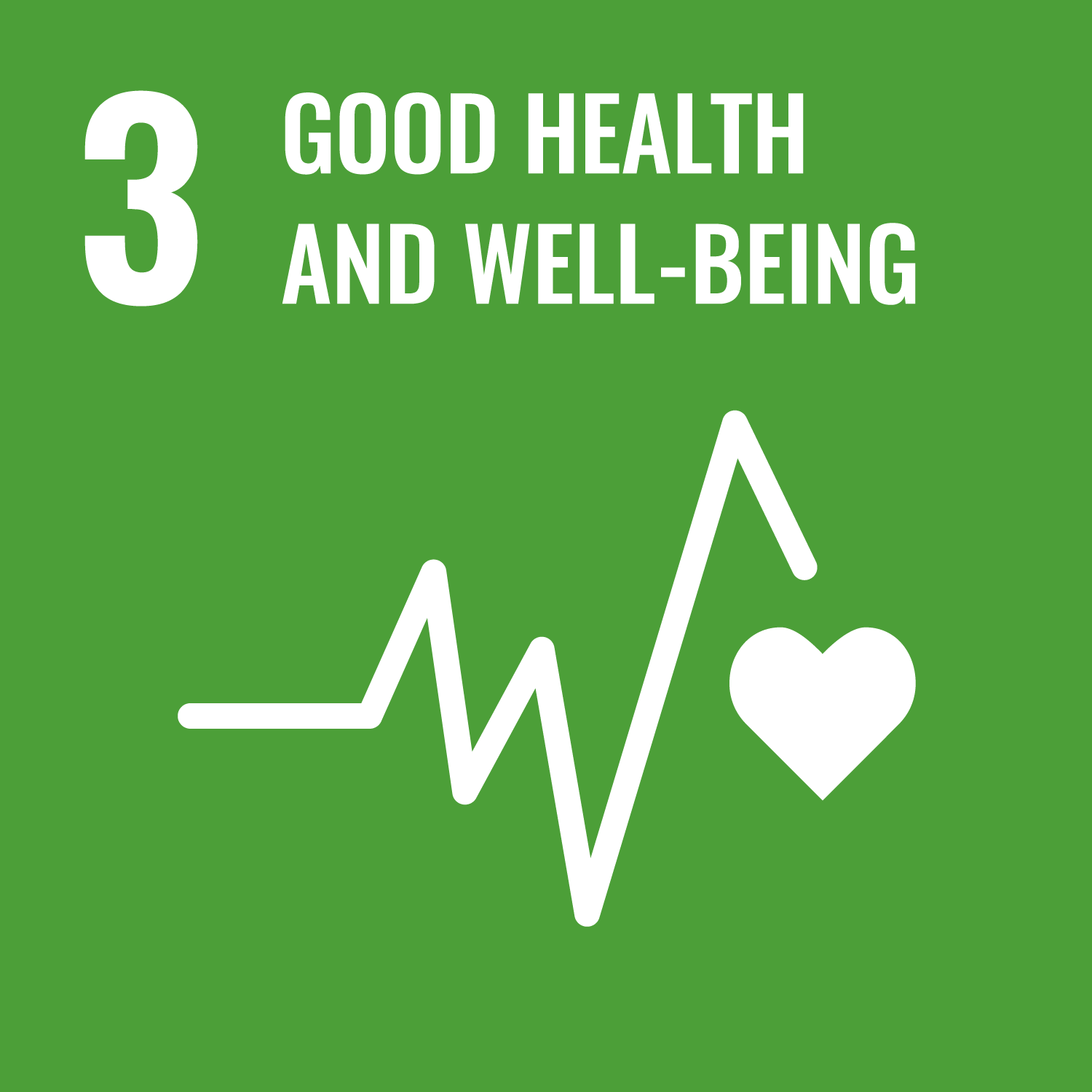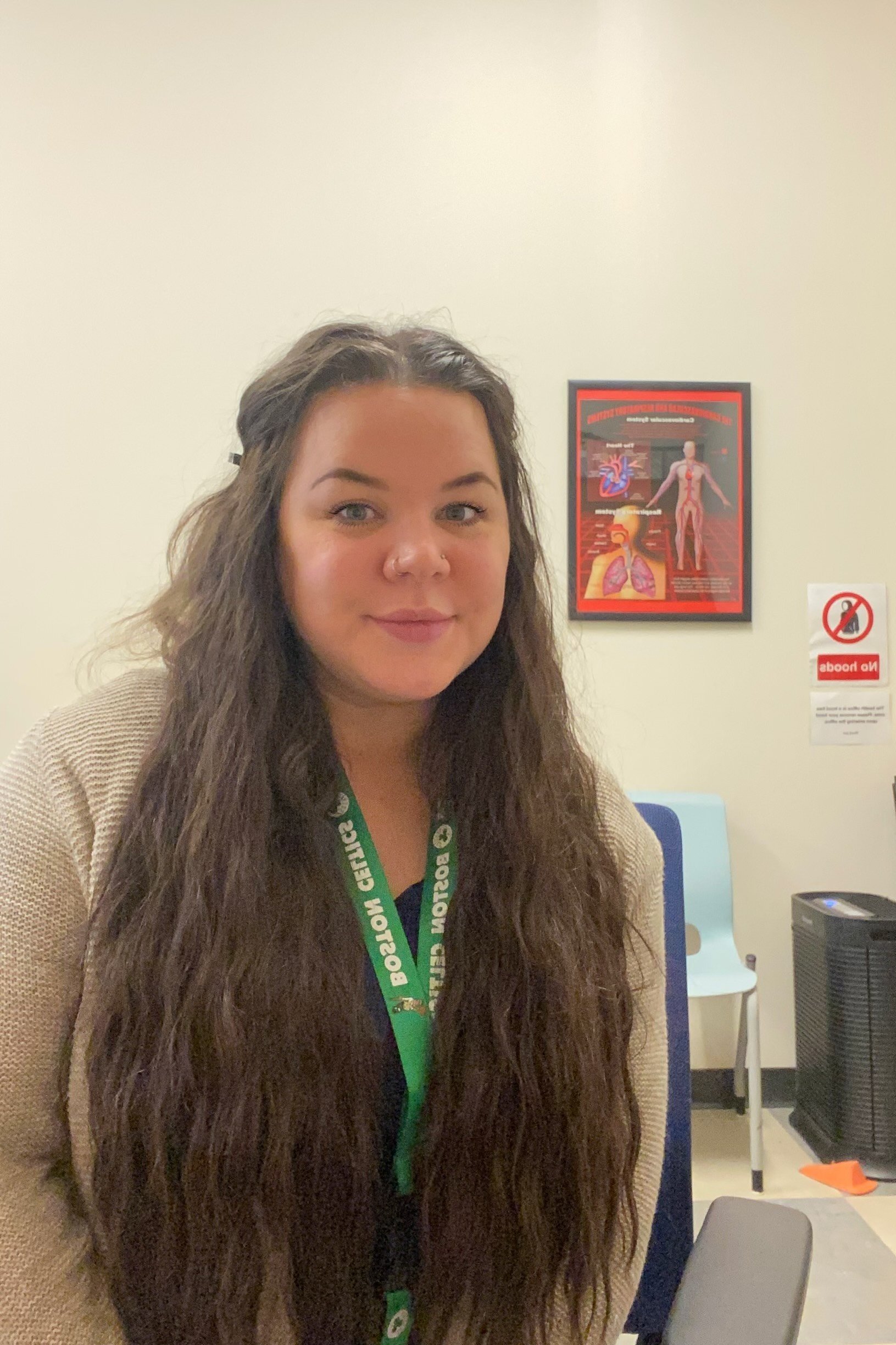A Note from the Health Services Team
Dear ECS Families,
On behalf of the district’s Health Services team, welcome to the Health Services Family Portal page. Our team is dedicated to promoting the good health and well-being of our students, and here, you will discover information about required health exams and services offered to your children while they are in school and at school events. At ECS, we understand that your child's health and safety are of paramount importance. As the first point of contact for any health-related concerns, our primary goal is to create a nurturing and supportive environment that promotes optimal physical, mental, and emotional well-being for all students.
We are here to collaborate closely with you, our parents/guardians, to ensure that your child's medical needs are met effectively. Whether it's managing chronic conditions, administering medications, or providing first aid, please know that your child's health is in capable hands, and our team provides a number of resources, services, and health tips in support of student safety and UN Sustainable Development Goal 3, Good Health and Well-Being.
We are committed to fostering a culture of health, wellness, and relationship building. Together as a team, we will strive to empower our students to make informed choices that positively impact their overall lives. Thank you for choosing ECS and allowing us to be a part of your child’s educational experience as we partner to nurture their growth and development.
If you have any questions or concerns regarding your child’s health, please contact your building health office nurse. ECS’s health service team consists of one full-time health office nurse at each building for grades K-8, one part-time nurse for grades 9-12, and one K–12 certified school nurse for the district.
Beth Goetz BS Ed. RN
Allyson Rys–BSN, RN
Caitlin Morgan, RN
Judy Brand–BSN, RN, CSN
In-School Health Concerns
-
The school nurse has standing orders for several over-the-counter medications which may be given with parental permission. These medications are Tylenol, ibuprofen, tums, Visine, and Benadryl (for allergic reactions only). Parental permission is given on the Student Emergency Card which is valid for one school year and must be updated yearly. ALL other medications (prescription, over-the-counter, herbs, and supplements) MUST be accompanied by a physician order or ECS Medication form. A new form is needed for any changes in medication, dose, route, or frequency. This form is valid for one school year.
ECS Medication Policy requires a parent or guardian to bring the medication to school in the original container or prescription bottle. No medications are permitted to be transported on the school bus. A second labeled prescription bottle can be obtained from your pharmacist.
-
"Handwashing is the single most important means of preventing the spread of infection." –CDC.
Each year, more than 164 million school days are lost due to illness, which could be greatly reduced with proper handwashing. Here are a few handwashing tips that you can practice with your student and family.
-
It is our goal to keep the school environment as healthy as possible for all children and staff and to protect your child as well as others. Please keep the following guidelines in mind:
A child will be sent home if he/she has:
a temperature of 100 degrees or higher
active vomiting
suspected contagious illness (pink eye, flu)
a serious injury or appears obviously ill
Please be aware that we encourage students to stay in class when possible, so if you, as a parent/guardian, are called by the school nurse, it is your responsibility to provide a ride in a timely manner.
-
Children with a temperature above 100 degrees must be fever free for 24 hours without the use of fever-reducing medication before returning to school.
Injuries occurring at home or over the weekend should be taken care of prior to returning to school.
If a child vomits or has diarrhea during the night or in the morning before school, that child should be kept home for 24 hours from the last episode.
If a child has red, swollen, itchy eyes, has purulent drainage, or has a crusty appearance upon awakening, they should be kept home and see a doctor.
If a child has a productive cough that cannot be controlled with medication they should stay home.
-
Pink Eye (conjunctivitis): The child is excluded from school until all discharge is gone and eyes are dry, regardless of whether antibiotic drops have been started. (ACHD policy)
Strep Throat: The child is excluded from school for 24 hours after the initiation of antibiotics.
Head Lice: The child is able to return to school after the first treatment is completed. All cases of head lice should be reported to the school nurse.
-
Immunization Requirements: A copy of current immunizations/exemption records is required before admittance to school. In addition, 7th-grade students require Menactra (meningococcal vaccine) and Tdap (tetanus, diphtheria, pertussis booster) before the start of the school year. Students entering 12th-grade also require a meningitis booster prior to the start of the school year.
Physical Examinations: Medical examinations are required on original entry into school, in grades 6 and 11. Children transferred from other schools shall be examined as soon as possible after the transfer regardless of their age or grade if an adequate health record is not made available by the original school. The school medical examination may be conducted by the family physician and reported to the school on forms supplied by the school.
Dental Examinations: Dental examinations are required on original entry into school and in grades 3 and 7. Children transferred from other schools shall be examined as soon as possible after the transfer regardless of their age or grade if an adequate dental record is not made available by the original school. The school dental examination may be conducted by the family dentist and reported to the school on forms supplied by the school.
Vision Screening and Height/Weight Measurements: Vision screening and height and weight measurements shall be conducted annually by a nurse or teacher.
Hearing Screening: Each year, students in kindergarten, special ungraded classes, and grades one, two, three, seven, and 11 shall be given a hearing screening test.
Scoliosis Screening: Each year, students in grades 6 and 7 will be screened for scoliosis (curvature of the spine).
Student Health Awareness
-
Due to the increase in students with life-threatening allergies, ECS’s policy is that classrooms are peanut/tree nut free. The only space allowed for peanuts/peanut butter is the cafeteria. Please adhere to this policy for all classroom treats, snacks, and parties.
For students with severe food or life-threatening allergies, please complete the Allergy Action Plan and the Epipen Contract form if your student is planning on carrying their EpiPen while in school. Completed forms are valid for one school year and must be completed yearly.
Helpful Documents
Important Forms
Helpful Links
-
For students with asthma, please complete the Asthma Action form and the Inhaler Contract form if your student will be carrying their inhalers while at school. Completed forms are valid for one school year and must be completed yearly.
Helpful Documents
Important Forms
Helpful Links
-
A copy of current immunizations/exemption records is required before admittance to school. Students will be excluded from school until proof of immunization is provided. In addition, all 7th-grade students require Menactra (meningococcal vaccine) and Tdap (tetanus, diphtheria, pertussis booster) before the start of the school year.
An additional dose of meningococcal vaccine (meningitis booster) is required before the start of 12th grade.
What’s New With Immunizations
With new technology and discoveries, immunization information and requirements can change. Check out the helpful documents on the right to learn more about specific kinds of vaccinations.
Helpful Documents
Important Forms
-
Pediculosis, or head lice, is a condition that affects approximately 6 to 12 million children between the ages of 3 and 12 years of age. Head lice are parasites that are generally found on the scalp, around the ears, and/or at the back of the neck. The adult louse is about the size of a sesame seed and can be the color of your child's hair. Eggs, or nits, are smaller and silver to white in color.
Head lice are not a sign of poor hygiene nor do they transmit disease. Spreading from one child to another can occur during direct head-to-head contact by sharing of personal items such as combs, brushes, caps, or helmets. The most common symptom of head lice is itching and head-scratching. Red bite marks or sores may also be noticed on the scalp.
If your child has lice or you suspect that your child has head lice, please refer to the following steps:
Have a healthcare provider evaluate your child.
If your child has lice, follow the directions for treatment carefully.
Use a fine tooth comb or special nit comb to help remove the eggs (nits) from the hair.
Check your child's scalp weekly when the hair is wet to see if there are any new lice.
Wash all recently worn clothing, hats, used bedding, and towels in hot water.
Wash all personal items (combs, brushes, and hair clips) in hot water.
Treat all toys, such as stuffed animals, by placing them in a tightly closed plastic bag for 14 days or by placing them in a hot dryer for 30 minutes to kill the lice.
NASN Position StatementExcerpt "Evidence-based strategies for the management of head lice in the school setting can reduce the incidence of infestations, the social stigma and caregiver strain experienced by students and families, and the negative impact on students’ education. The school nurse can provide leadership within the school community to effectively manage head lice by:
Providing accurate health education to the school community focused on dispelling common myths about head lice (e.g., incidence, the life cycle of the head louse, mode of transmission, the importance of regular surveillance at home, recommended evidence-based treatment options, care of the environment,)” (ANA & NASN, 2011 Pontius, 2014).
“Advocating and providing a rationale for the elimination of mass school screenings for head lice,” (Devore et al., 2015; CDC, 2013a).
“Returning affected students to class or other school-sponsored activities with instruction to avoid head-to-head contact,” (Pontius, 2014).
Eliminating classroom-wide or school-wide family head lice notification.
Notifying parents/caregivers at the end of the school day to teach about evidence-based treatment options and steps to follow.
“Advocating for and providing a rationale for the abandonment of “no-nit” school policies that require a child to be free of nits before he or she can return to school,” (Devore et al., 2015; Pontius, 2014).
CDC Centers for Disease Control and Prevention Students diagnosed with live head lice do not need to be sent home early from school; they can go home at the end of the day, be treated, and return to class after appropriate treatment has begun. Nits may persist after treatment, but successful treatment should kill crawling lice.
Head lice can be a nuisance but they have not been shown to spread disease. Personal hygiene or cleanliness in the home or school has nothing to do with getting head lice.
Both the American Academy of Pediatrics (AAP) and the National Association of School Nurses (NASN) advocate that “no-nit” policies should be discontinued. “No-nit” policies that require a child to be free of nits before they can return to school should be discontinued for the following reasons:
Many nits are more than ¼ inch from the scalp. Such nits are usually not viable and very unlikely to hatch to become crawling lice, or may in fact be empty shells, also known as ‘casings’.
Nits are cemented to hair shafts and are very unlikely to be transferred successfully to other people.
The burden of unnecessary absenteeism to the students, families, and communities far outweighs the risks associated with head lice.
Misdiagnosis of nits is very common during nit checks conducted by nonmedical personnel.
Allegheny County Health Department Exclusion: Treat at end of the day and readmit once the first treatment is completed. The American Academy of Pediatrics does not recommend sending children home early if lice are discovered.
Disinfection: When a student is found with head lice, all family members should be inspected and treated. Machine wash and dry clothing, bed linens, and other items that the infected person wore or used during the 2 days before treatment using hot water (>130°F) OR place items in a sealed bag and store for 2 weeks. Vacuum the furniture and floor, particularly where the infested person sat or lay. Treatment requires over-the-counter or prescription pediculicide (lice medicine).
Helpful Documents
Helpful Links
-
In October of 2018, the PA School Code was amended to include sun protection measures for students. Section 1414.10 (2) of the PA School Code allows for the use of a nonaerosol topical sunscreen product by students in school if:
The product is approved by the Food and Drug Administration,
The parent/guardian must submit a form allowing the student to use the topical sunscreen, and
The student must submit a form stating that they are aware of the proper use and safety precautions of the product and will handle it appropriately.
Please complete the forms below and return them to the school.
Students unable to self-apply sunscreen at school require a doctor's order for the nurse/teacher to apply.
Helpful Sunscreen Forms
-
As ECS students are often outside, please be aware of tickborne diseases in Pennsylvania.
Visit PA DOH Tickborne Diseases for more information.
Tick Information Resources:
-






